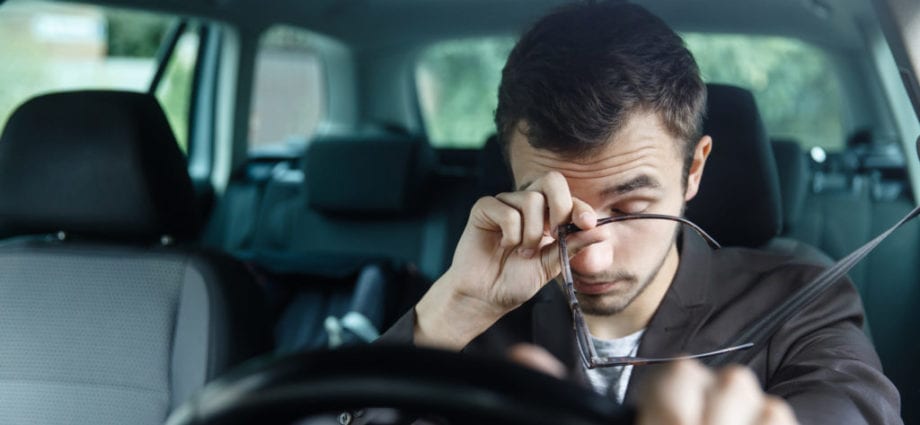In modern society, it is not enough to sleep and not get enough sleep has already become a habit, almost a good form. Although good sleep is one of the key factors in a healthy lifestyle and longevity, along with proper nutrition, physical activity, and stress management. That is why I write over and over again about how important and irreplaceable sleep is for our health, performance, and relationships with other people. And recently I found information that makes you think about the importance of sleep for preserving your life as such – in the literal sense.
Chances are (dare I hope) you will never drive drunk. But how often do you drive without getting enough sleep? I am, unfortunately, quite often. Meanwhile, fatigue while driving is no less dangerous than drunk driving.
A recent study published in the journal Sleep cites alarming numbers: People who have difficulty falling asleep double their risk of dying in a car accident.
To help you assess the effects of sleepy driving, here are some statistics from DrowsyDriving.org, all US data:
- if the duration of sleep per day is less than 6 hours, the risk of drowsiness, which can lead to an accident, increases 3 times;
- 18 hours of wakefulness in a row lead to a state comparable to alcohol intoxication;
- $ 12,5 billion – Annual US monetary losses due to road accidents caused by drowsiness while driving;
- 37% of adult drivers say they have fallen asleep while driving at least once;
- 1 deaths each year are believed to be due to crashes caused by sleepy drivers;
- 15% of severe truck accidents are attributed to driver fatigue;
- 55% of fatigue-related accidents are caused by drivers under the age of 25.
Of course, these are US statistics, but it seems to me that these figures, firstly, are quite indicative in themselves, and secondly, they can most likely be projected onto Russian reality. Remember: how often do you drive half asleep?
What if you suddenly feel sleepy while driving? Studies show that typical ways to cheer up, like listening to the radio or listening to music, are not effective at all. The only way is to stop and sleep or not drive at all.










